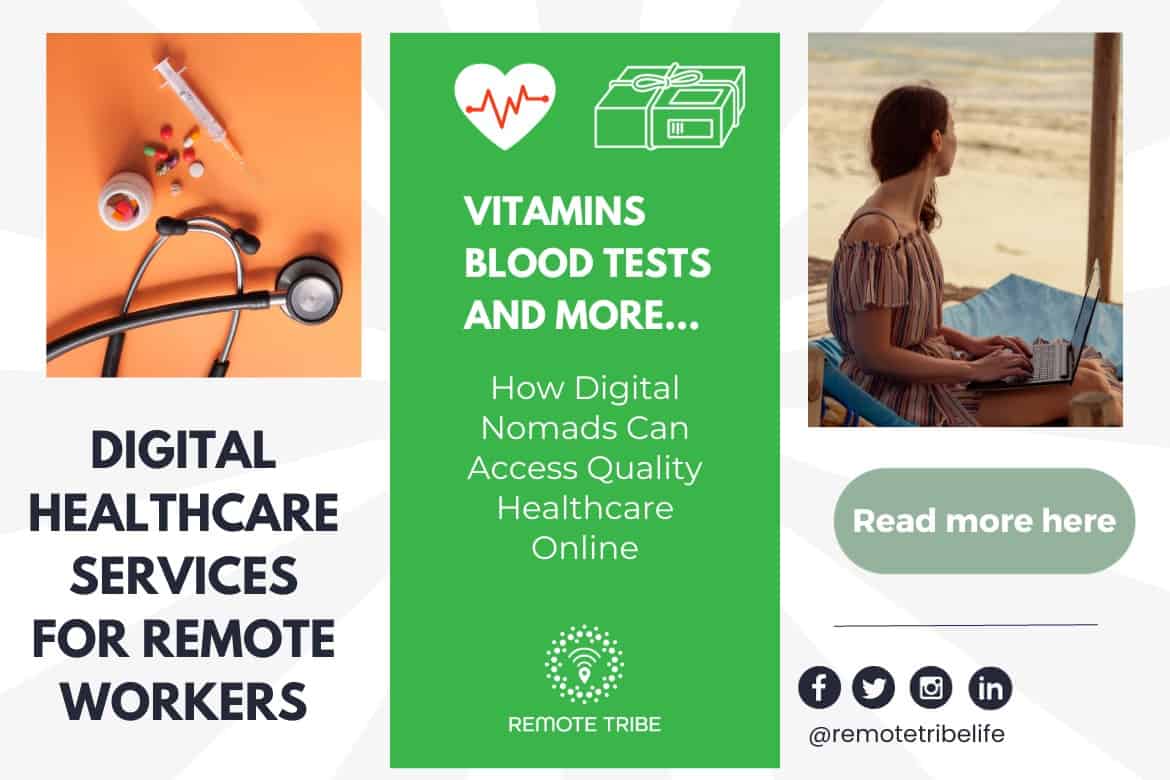How Subscription Based Healthcare is Changing Patient Accessibility to Services
How Subscription Based Healthcare is Changing Patient Accessibility to Services
Blog Article
The Increase of Subscription-Based Health Care and Its Influence On Client Treatment
As healthcare progresses, the subscription-based model is getting traction, assuring to revolutionize patient treatment by offering predictability and ease of access. These versions, which bypass traditional insurance policy, could redefine the patient-doctor dynamic, emphasizing preventative and customized treatment. Yet, as with any kind of development, they provide challenges, specifically worrying fair access for all socioeconomic groups. The potential for these models to reshape healthcare distribution raises pressing concerns about their long-lasting sustainability and inclusivity. Are these membership solutions the future of health care, or do they take the chance of leaving prone populaces behind? The ins and outs of this change warrant a more detailed evaluation.
Comprehending Registration Healthcare Designs
Grasping the principle of subscription medical care models involves taking a look at a transformative approach to medical services that emphasizes affordability and access. These models, usually referred to as direct key treatment (DPC) or attendant medicine, have actually become innovative choices to conventional fee-for-service healthcare systems. Membership medical care enables clients to pay a set regular monthly or annual cost for a specified collection of clinical services, which may include limitless workplace gos to, routine examinations, and fundamental lab tests, without the need for typical insurance policy invoicing.
The structure of membership healthcare models is created to simplify client care by removing third-party payers and complex invoicing codes, consequently lowering administrative burdens. Health care service providers can focus more on individual treatment, fostering stronger patient-provider partnerships. This model likewise promotes preventative care by urging regular sees, as the economic obstacle of per-visit fees is removed.
The membership model commonly equips doctor to take care of smaller patient panels, enabling even more individualized treatment. It aligns financial rewards with patient wellness results, as carriers are inspired to keep client complete satisfaction and health. Overall, understanding subscription health care designs needs acknowledging their potential to reshape exactly how treatment is supplied and accessed.
Advantages for Companies and individuals
With a steady revenue stream, health care specialists can dedicate more time to each person, leading to an extra comprehensive and personalized care experience. The focus on preventive treatment within subscription strategies can lead to better person end results and decreased long-term medical care expenses.
Challenges and Worries
While subscription-based medical care designs existing various benefits, they likewise come with a collection of challenges and worries that have to be addressed. This elevates honest inquiries concerning fair accessibility to health care solutions.
Financial sustainability of subscription-based models is an additional issue. Providers have to balance the set earnings from subscriptions with the variable costs of medical care solutions, which might vary as a result of unexpected clinical needs. This can develop stress to restrict services or increase fees, potentially influencing individual fulfillment and care top quality.
Furthermore, governing oversight of subscription-based health care versions is still developing. Dealing with these challenges is important for the successful and equitable application of subscription-based health care.
Influence on Patient-Doctor Relationships
One substantial effect of subscription-based healthcare designs on patient-doctor relationships is the potential for enhanced connection and customized care. By embracing a subscription design, doctors can handle a smaller sized client panel, allowing for even more devoted time with each person. This increased accessibility promotes a deeper understanding of a client's case history, way of life, and choices, enabling much more customized treatment plans and treatments.

Nonetheless, it is crucial to acknowledge that while subscription-based versions might profit those that can manage them, they might accidentally broaden health care disparities. Individuals that are incapable to join these models could experience decreased access to personalized treatment, possibly influencing their relationships with doctor. Hence, while the registration model supplies encouraging advantages subscription based healthcare for patient-doctor partnerships, it also positions challenges that need to be addressed to guarantee fair health care gain access to.
Future of Medical Care Gain Access To

The role of innovation can not be neglected in this improvement. Telemedicine systems and electronic health and wellness records assist in smooth interaction in between people and medical care service providers, damaging down geographical and logistical barriers. Furthermore, advancements in expert system and data analytics can better personalize treatment by anticipating client needs and maximizing treatment plans.
Nevertheless, the future of health care access likewise presents difficulties, such as making certain equity across various socio-economic groups. Policymakers and doctor should collaborate to link the digital divide, making sure that subscription-based models stay affordable and inclusive. As these systems grow, they hold the pledge of making healthcare more easily accessible, effective, and patient-centric.
Conclusion
Subscription-based healthcare models are improving patient treatment by giving a stable price framework and enhancing access. These versions reinforce patient-provider relationships via personalized care and normal sees, emphasizing preventative wellness. Despite these advantages, difficulties such as ease of access concerns for low-income populaces and the demand for equitable healthcare options persist. The rise of subscription-based health care motivates positive patient involvement, which has the prospective to his explanation boost patient outcomes and complete satisfaction, signifying a transformative shift in health care shipment.
As healthcare develops, the subscription-based version is obtaining grip, promising to transform individual treatment by providing predictability and availability.Subscription-based health care click over here now versions supply distinctive benefits for both carriers and people, enhancing the general medical care experience.As medical care systems progress, the future of healthcare gain access to often pivots on the assimilation of ingenious models and technologies.Subscription-based health care models are improving client treatment by supplying a secure cost framework and enhancing accessibility. The surge of subscription-based healthcare encourages positive client engagement, which has the potential to enhance patient results and satisfaction, signaling a transformative change in medical care distribution.
Report this page